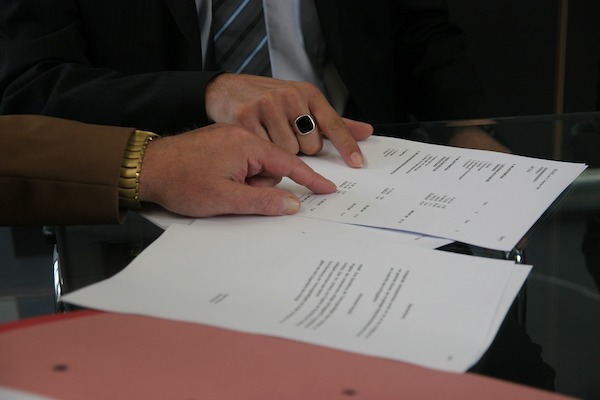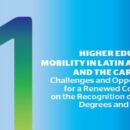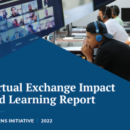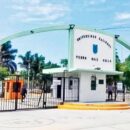Recognition Process Dominican Republic
![]() República Dominicana
República Dominicana
Legal Framework
Institutional actors and operational instances
Ministry of Higher Education, Science and Technology (Mescyt)
Directorate of Academic Control/ / Departament of Foreign Academic Documents
Documentation required in order to initiate the recognition process
1. Legalized Qualification Record of each institution, where credits have been validated in the document you request.
2. Payment of translation, if it is in a language other than Spanish.
3. Payment of verification in case it comes from the United States.
4. Payment of tax for legalization.
5. Identity card or passport (copy).
6. Telephone/Fax/e-mail of the institution of origin.
7. Any other type of document required to complete the procedure of your file.
For more information Click here.
Contact
Foreign Academic Documents Officer
809-731-1100 Extensions: 4180/4179/4151
E-mails:
nmesa@mescyt.gob.do
ygabriel@mescyt.gob.do
jnunez@mescyt.gob.do
ecuevas@mescyt.gob.do
To support ratification in the Dominican Republic, please write to:
Ministro MESCYT: MNST Franklin García Fermín
https://twitter.com/MESCYTRD
https://twitter.com/fgarciafermin
E-mail: info@mescyt.gob.do
President of the Senate: Sen. Eduardo Estrella
https://twitter.com/SenadoRD
https://twitter.com/EduardoEstrella
E-mail: santiago@senado.gob.do
President of the Chamber of Deputies: Dip. Alfredo Pacheco Osorio
https://twitter.com/Pachecoalfredoo
https://twitter.com/DiputadosRD
E-mail: a.pacheco@camaradediputados.gob.do
RELATED ITEMS



